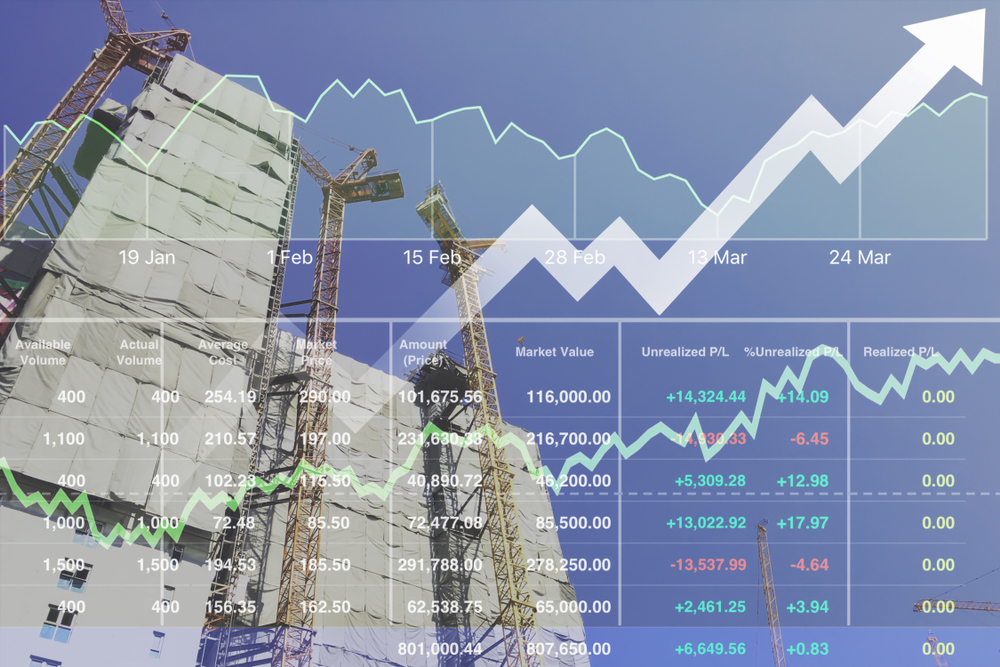
- Details
- By Jarrod Compton + Steve Wyett, BOK Financial
- Opinion | Op-Ed
Guest Opinion. What a difference a few months can make. At the start of this year we couldn’t have predicted that the health of the financial system would be right up there as a topic of conversation with the potential for a recession and inflation.
The health of the banking industry is a topic we get asked about often by tribal members, businesses, and municipalities. Essentially, the core of the problem in the financial industry is the speed and magnitude at which the Fed has raised short-term interest rates in response to inflation. Last year, the markets were anticipating two to three rate hikes. Instead, they got 500 basis points in increases in just 14 months—and some leveraged institutions weren’t prepared for it. In addition, the pandemic and the increased adoption of hybrid work has created uncertainty around commercial real-estate valuations, putting further pressure on banks. We really want to emphasize that these issues are affecting just a few specific banks, and do not reflect any systemic issue affecting the entire industry.
In addition, conversations about inflation and a possible recession are tightly woven. In the summer of 2022, we saw a 9% jump in the year-over-year headline consumer price index. It’s now roughly half of where we were then, but still well above where the Federal Reserve wants us to be. There are signs that inflation is slowing, but many of our clients aren’t seeing it as they manage their businesses and support families.
So, how do we reconcile the data saying one thing while people are experiencing something quite different? First, we need to recognize that slowing inflation does not mean falling prices, but rather prices continuing to go up, just more slowly. This highlights why the Fed is so concerned about longer-term inflation expectations. Within our economy, we always have some prices falling while others are rising, but the broad nature of price increases since last year was the highest in decades. Long-term inflation is bad for our economy, so we need to see it continue to slow.
For example, for tribal governments and municipalities, higher construction costs and rising interest rates are affecting projects in a few ways. New construction is slowing down as tribes are electing to postpone nonessential projects. We’re hearing from some clients that when rates began to climb, they immediately put projects on hold to wait for inflation to subside—and many of these projects are now facing even higher price tags, as construction costs continue to rise.
Tribes working on essential service projects will have to forge ahead, whether prices and conditions are prime or not. These tribal leaders are looking for other efficiencies, self-funding where they can, and looking for alternative project-funding sources (like leftover CARES Act money). Other projects, those that are economic-driven rather than essential, will likely be put on hold or scaled down.
One concern about a slowing economy is that we could slip into a recession. Trends like the significant-yield-curve inversion, tighter access to credit, and overly aggressive rate hikes from the Fed seem to signal that a recession is imminent. It’s important to remember that consumer spending makes up roughly 2/3 of the U.S. economy and that spending has remained strong, thanks to the robust labor market and the surplus of savings consumers built up during COVID. However, inflation is taking a toll on the consumer, tribal members not excluded, and more recent credit-card data shows that the buffer of excess savings is fading.
As demand slows, a few industries are laying off employees to protect their margins, due to higher costs from inflation and higher interest rates. Tribal gaming has historically shown resilience through economic downturns and consistently outperforms other industries, but even those operators know they’re not entirely immune. We keep a close eye on new unemployment claims, because a spike in unemployment claims would indicate a recession was upon us—but we haven’t seen that yet. So, the likelihood of an economic recession in the next six to 12 months is fairly high, though not a certainty by any means.
Jarrod Compton, director of BOK Financial’s Native American Financial Services division, is an industry veteran with more than 15 years of experience.
Steve Wyett, who currently serves as chief investment strategist for BOK Financial, began his financial career more than 40 years ago and has held a variety of positions since then.